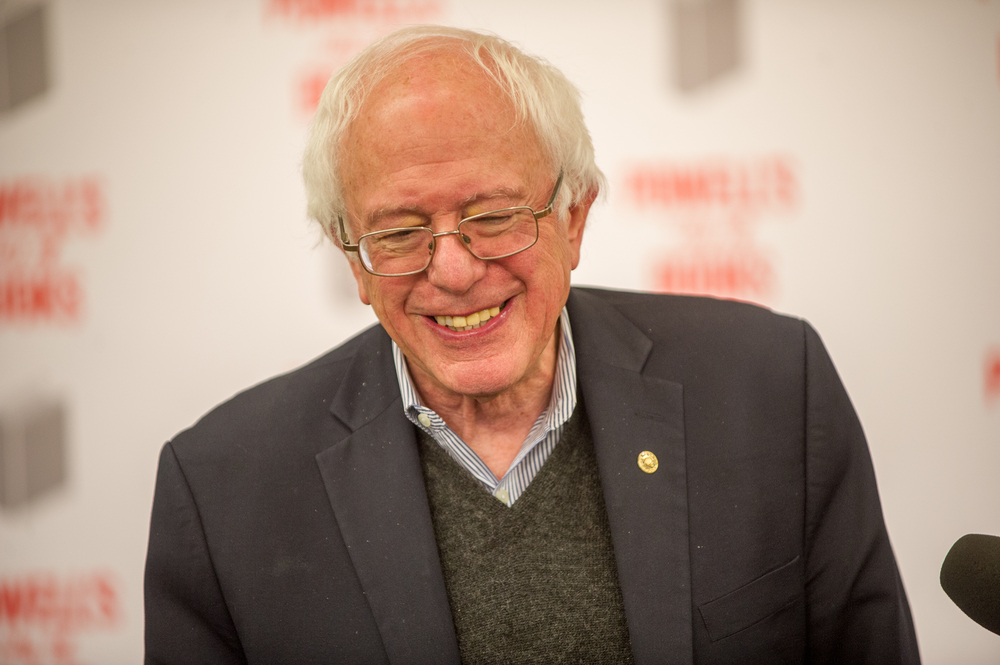
Diego G Diaz / Shutterstock, Inc.
Another drug company reignited the debate over appropriate pricing policies for important medications.
Northbrook, Illinois-based Marathon Pharmaceuticals gained approval from the Food and Drug Administration (FDA) on Thursday for a Duchenne muscular dystrophy (DMD) treatment called Emflaza.
The drug is a decades-old corticosteroid generically named deflazacort. It’s now the first steroid to gain regulatory approval to treat the debilitating genetic disorder, according to Reuters.
However, Marathon has come under criticism for making the list price of this treatment $89,000 a year even though the firm promised an assistance program that could push the price down to $54,000 through rebates and discounts.
Previously, patients in the U.S. were able to import deflazacort from the Canada and the United Kingdom where it was available for an estimated $1,000 a year, but the availability of an FDA-approved product like this means patients won’t have this option anymore.
This decision caught the attention of two democratic lawmakers. Senators Bernie Sanders and Elijah Cummings sent a letter to the company’s CEO calling the pricing decision, “outrageous”, while asking Marathon to provide supplementary information regarding research and development costs and how it decided to set that price, explained Bloomberg.
Furthermore, the legislator’s letter accused Marathon of abusing the FDA’s orphan drug program, which grants companies several years of marketing exclusivity in order to foster research and development efforts focusing on rare disease treatments. The senators noted the program is not intended to provide companies like Marathon with “lucrative market exclusivity rights” for drugs that were not invented by Marathon and have been available for decades.
Sanders and Cummings ended their letter asking Marathon to submit the requested information by February 27th while encouraging the company to lower the price before it arrives on the market next month.
On Monday night, Marathon’s CEO Jeffrey Aronin released a statement acknowledging the concerns writing commercialization efforts for Emflaza would be paused for an unspecified time period. Aronin promised to meet with Duchenne community leaders to explain their commercialization plans, discuss concerns, analyze options going forward, and formulate a new launch plan going forward.
Also, the CEO promised to maintain the expanded access program for patients currently receiving the drug while adding that the export option was still available.
This news comes after PhRMA, the drug industry’s largest trade-group, launched a marketing campaign to bolster public perception of these companies after a number of controversies emerged over drug pricing like with Martin Shkreli and furor over the EpiPen cost increases.
Filed Under: Drug Discovery




